A conversation with Nick Turner | Interview: Anne Hunter


Interview by Anne Hunter
Where is your favorite place in nature?
Iceland, without a doubt. I have never felt the energy from nature like I have felt it in Iceland. It is so raw and exposed. Also, one of my fascinations with Iceland is that the people who live there have really learned to work with nature and let it do its thing. Living in sync with it, so to speak. In a sense it’s nature putting us in our place, letting us know we are only a small part of this huge ecosystem that we call earth. I think it’s important to feel that kind of energy in life. That feeling is the one that I always get in Iceland and that is the feeling that always draws me back.
What is the favorite photograph that you have taken?
I don't know that I have a favorite or piece that I like most. There are a number that I am happy with, but I often reflect back to see those things that could have been done much better or improved upon. The addiction to being in places where all of my senses become awakened, that is what shuts down my mind and has a calming affect. Nature and the ocean and a few horses that I have been trying to work with have taken me on expected trips of awakening. So, I don't have a favorite, rather I treasure the moments along the way that have stayed in my mind because of the experience.

When did you begin taking self-portraits?
On my first trip to Iceland, I drove to the south of Iceland and found a beach that I wanted to explore. The beach was only accessible at low tide, because it was gated by large cliffs that wrapped around either side and left the beach exposed with no entry or exit by land. I took a tripod with me and ended up shooting some images of myself totally naked on this beach looking off into the ocean. I lost track of the tide and stayed for hours until I ended up getting trapped and barely made it to safety. I remember carrying my camera overhead and waiting for the right moment when the tide was drawing out to sea, then I sprinted into the North Atlantic trying to get around the point and back to safety. It was a good lesson of what not to do when shooting alone in a location. I was almost swept out to sea by the current, which was what scared me the most.
When I was back in my car, I sat with the heat on full and looked at the photos from the day for the first time. The few photos that came were the first self-portraits that I had taken in nature and they triggered the idea of using myself as a subject. In my art, the depth of the self-portraits seemed to carry a lot more weight and depth to start a conversation about man’s relationship to nature.
How did your childhood influence your art?
My grandmother, Carmen Z. Simpkins, was also an artist, a painter from Germany. I grew up around her and did not realize until much later in life that she would have a strong impact on me. Not so much on my work directly but on understanding the mind of an artist and seeing the world in a different way and what it means to be truly dedicated to your art. On top of that, I was home schooled as a child until high school, when I moved to France and spent the remaining time as a teenager there in school. This had a large impact on my perspective on the world but also my views on people and cultures and our relationship to nature and each other. I was actually in France during 9/11 and that made me really see things from a different perspective than it would have had I been in the States at the time. I wasn't aware at the time how much some of my childhood and high school years would impact me until later on especially when looking in depth at human nature and our instincts and behavior.
Tell us about your relationship to horses.
Horses have had a large influence on my life not just in art but also in learning to understand my own nature and how delicate we are as humans. My connection to horses is very much a personal one. From a young age I have felt an understanding and calmness around them. They seem to carry some of the most pure and sensitive emotions of any animal. This has always kept me wanting to be part of their tribe or their species, perhaps more so than the average horsemen.

Why did you begin including yourself in photographs with horses?
My relationship to horses is a complex one, but I’m not sure the focus should be on horses, rather on nature itself. Horses just became the personal choice through which nature seems most represented in the way I see it - strong and powerful and full of sensitivity and beauty. I think the subject of nature itself is a complex one not easily defined by man. Horses represent one of the most noble and strong creatures that have bonded with man throughout history. I actually started by shooting women with horses trying to capture something visceral that went beyond just capturing beauty or a pretty image with horses or in nature. I found myself never content and felt like I was projecting these emotions and sentiments on somebody else, and, then I began shooting myself with the horses.
How does your connection to horses and nature conceptualize the synthesis of human intellect with animal instincts and how do these principles guide your own life?
I believe man is an animal in his own right, not a blended species. I think we carry with us instincts that are animal in nature because our roots and our bodies and emotions are all based on human/animal nature. I don't think we humans are separate from animals or nature; we don't live in nature - we are nature. We are all part of the same ecosystem. Since I was a child I think I have been very in tune with nature and animals. There is something calming about it.
Which philosophers do you study to support your own ethics concerning human nature?
Nature, by design, is in constant conflict. From the very beginnings of evolution and growth, things are pushed to grow or evolve. I most align with Thomas Hobbes who very much believed that man was an animal in the sense we have to live under some form of rules or regulations, or else we will be in complete conflict with each other.
What do you appreciate most about Hobbes’ philosophy?
Hobbes seemed to realize that humans, when left to their own devices, will almost always end up on a path to turmoil and self or social destruction, which is how the idea of social contract theory and an elected government or authority was conceived. I find it fascinating that amid all the current social and political problems and opinions, when we strip away the extraneous layers, we see exactly that the real root of the problem is our own animal instincts. Whether it’s from people fighting for more power, for more money, or more control, it all boils down to some pretty basic emotions that are unharnessed and let roam free.
The word philosophy is taken from the Greek word, (phileo) meaning "to love" or "to befriend" and (sophia) meaning "wisdom." Thus, "philosophy" means "the love of wisdom". Does your art embody a certain philosophy?
Through art, I am striving to have a conversation about man’s instincts and relationship with the natural world. Horses for me have become the link to the natural world. I am not sure if there are rules of civilization, but I want to explore the ideas of how closely linked we are to nature and explore my own animality and how it relates to the culture of today. Nature is my philosophy – that’s probably the easy answer to the question.

What is your view of humans in nature?
I personally believe humans have the ability to control our nature and emotions, yet the mind, which is our valuable tool as a human; however, is also our most dangerous tool because controlling the mind is far more challenging than one would think.
The idea that human beings can become "overhuman" or that we can overcome ourselves is an important one because that is what makes our intellectual minds slightly more self aware than certain animals in nature, but this idea of altering ourselves is also a key problem in society today. We are aware of our abilities as species yet we still sink back into the same problems or fall short of overcoming some of our natural instincts that in the past have led us down a path of destruction.
Human intelligence I believe is like a double-edged sword. Intellect has lead us down a path that has the potential to be revolutionary and powerful, but we tend to try to ignore our natural instincts or animal instincts, which almost always will lead us astray via emotions that we find very difficult to control. Or, we choose to ignore the red flags that we are doing something potentially dangerous for ourselves, or worse, for the earth and our entire population.
Have you mastered your own animality to allow an unbridled expression to come forward through each encounter with your subjects?
I’m not sure I have mastered my own animality. In fact, I think I struggle with it fairly often. Being aware of these emotions or being aware of what are the roots of my feelings is important. I think the more "overhuman" I become, the better equipped I am to create works that deal with the conversation on a meaningful level.
Where will your explorations take you?
I do want my work to keep evolving and consider some patterns in the natural world and physiological elements of modern society. How do we relate to nature and how does the man made ecosystem of cities and towns interact with nature? The current conversation about our complex relationship to nature and climate and how the world is evolving is also part of the conversation.
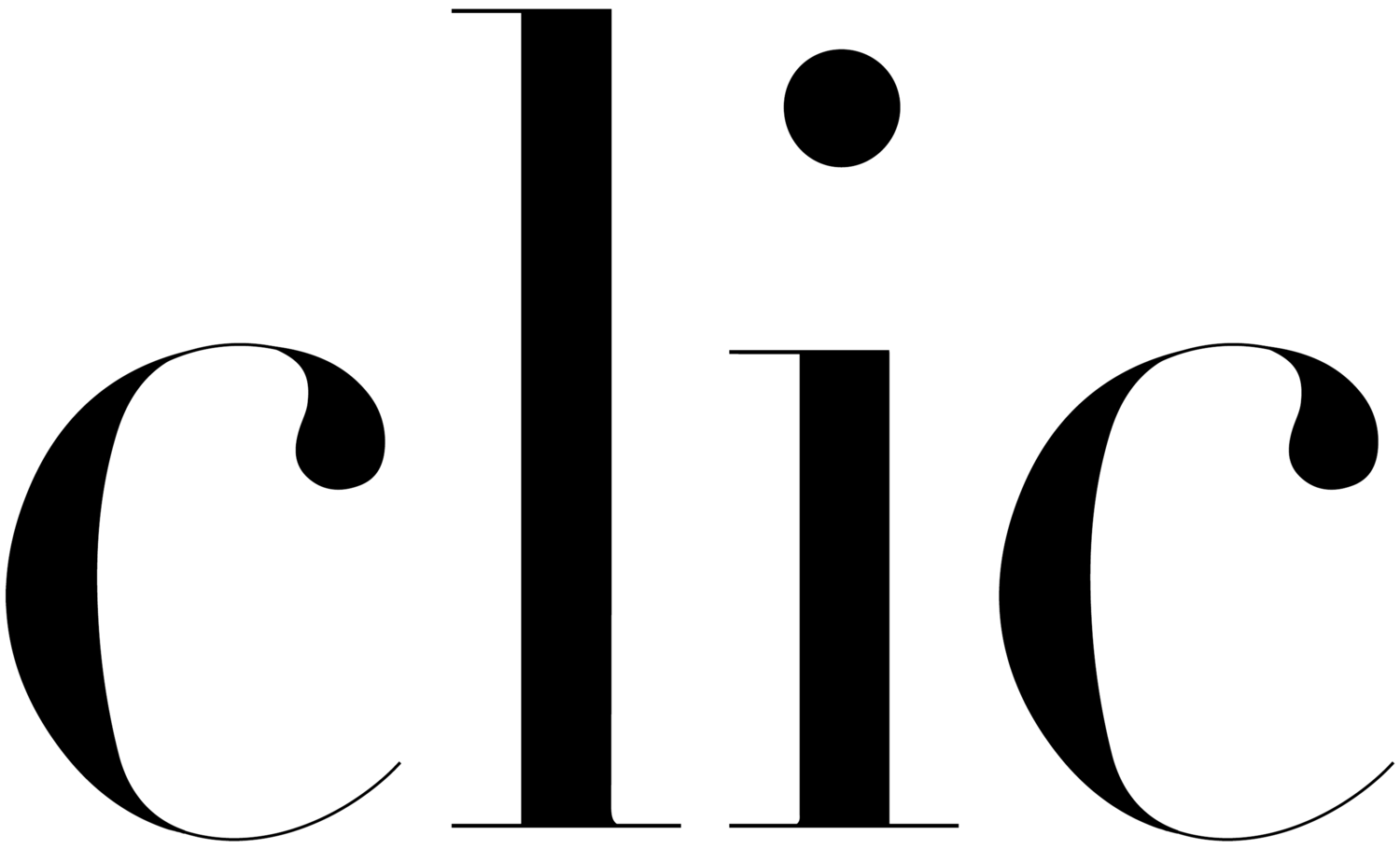

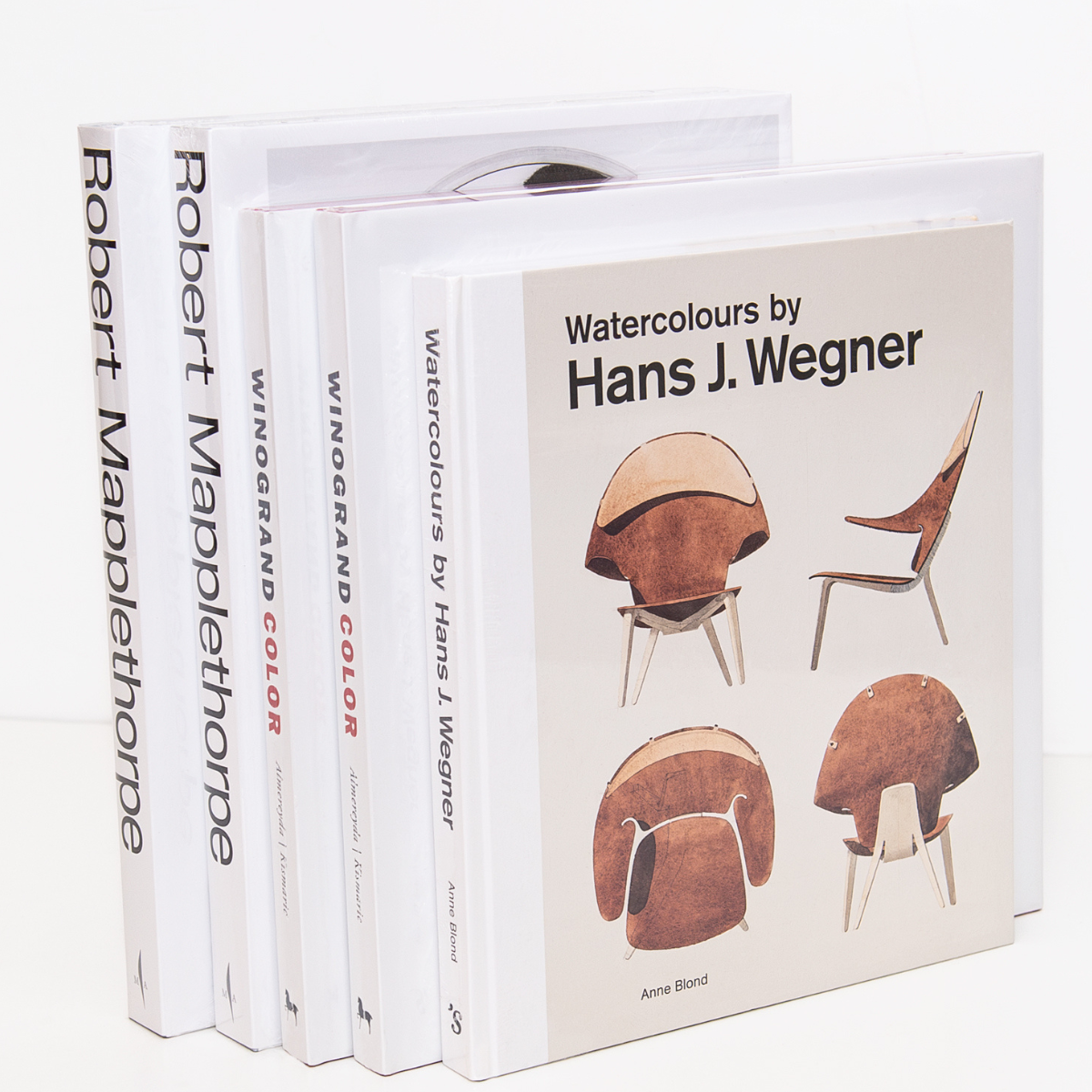
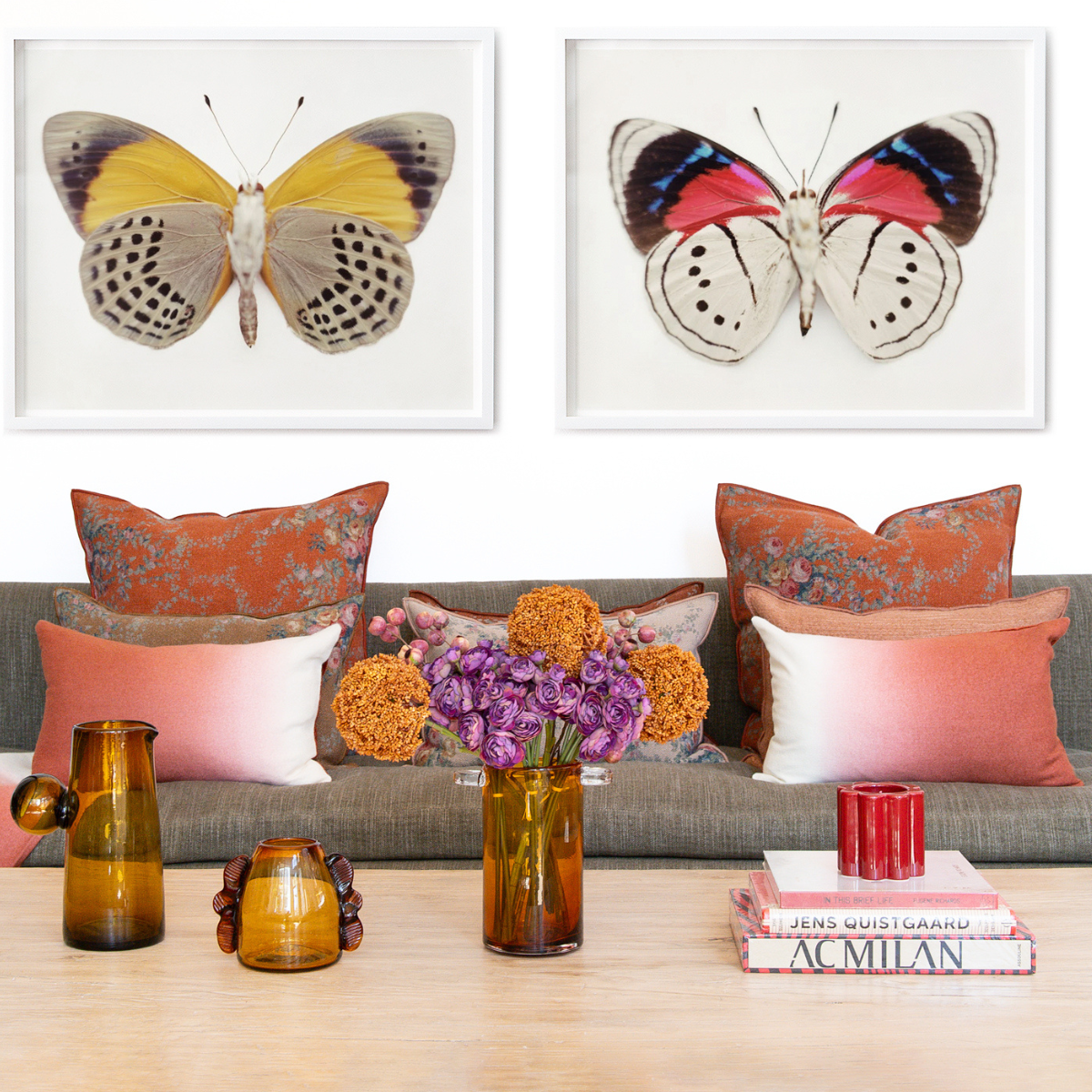
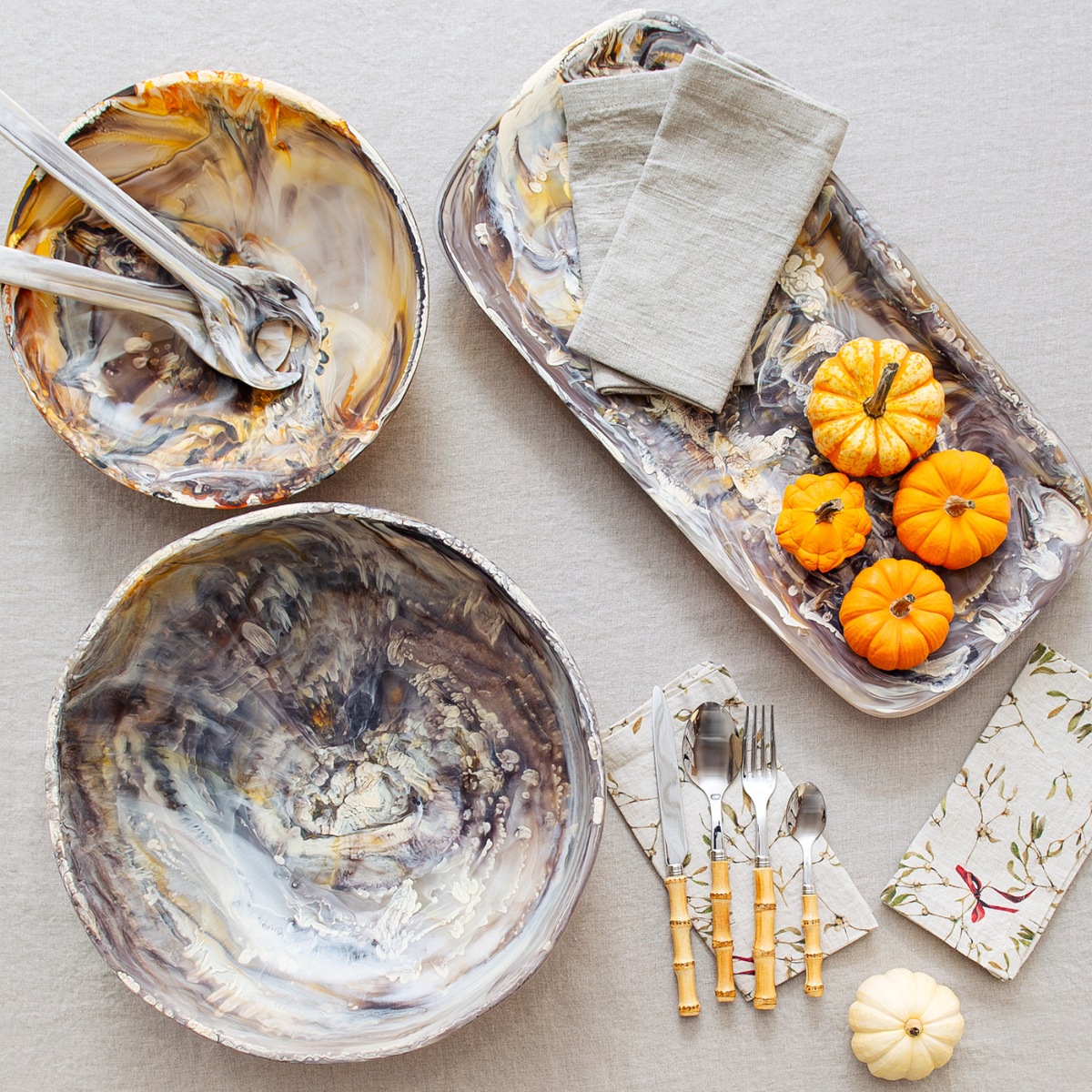
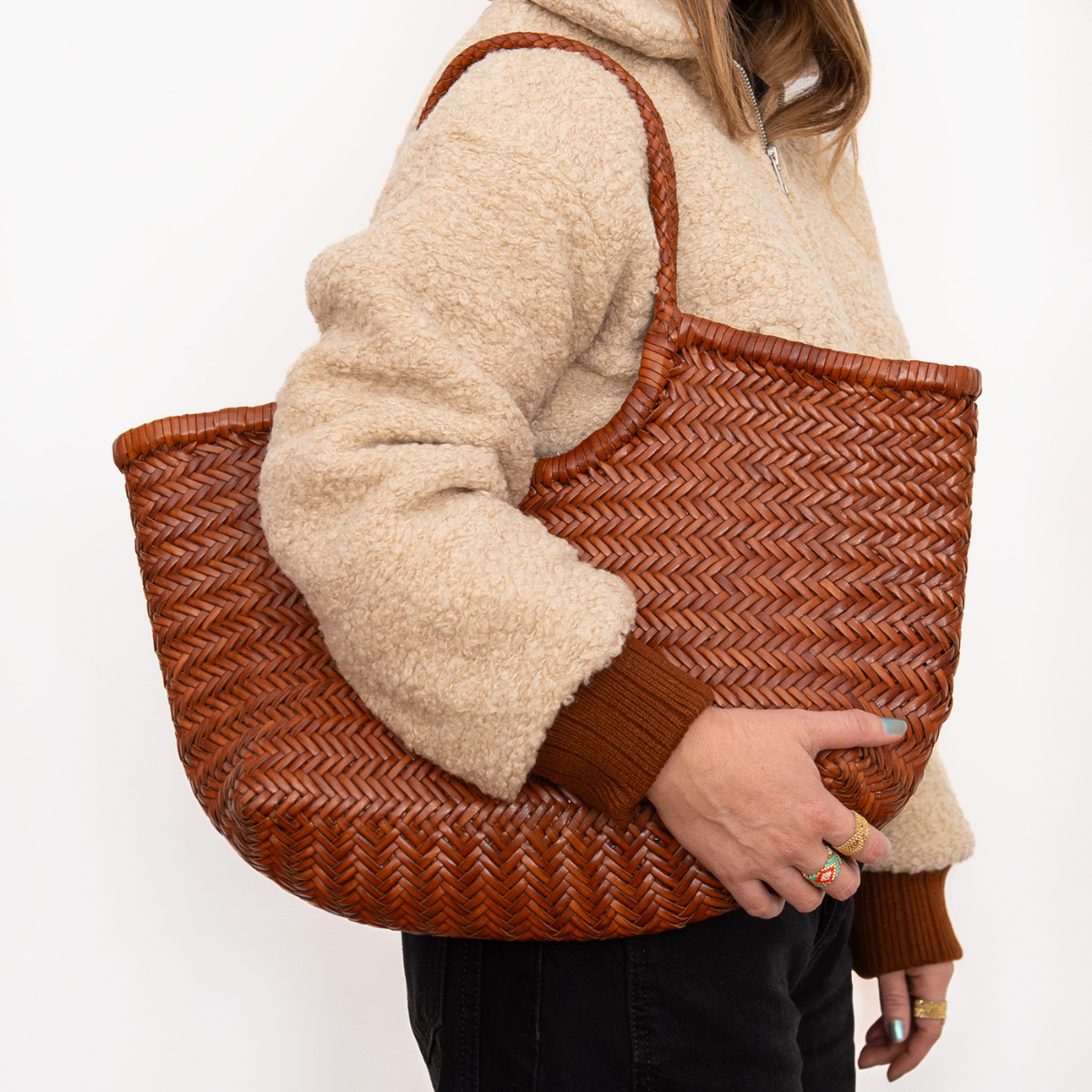
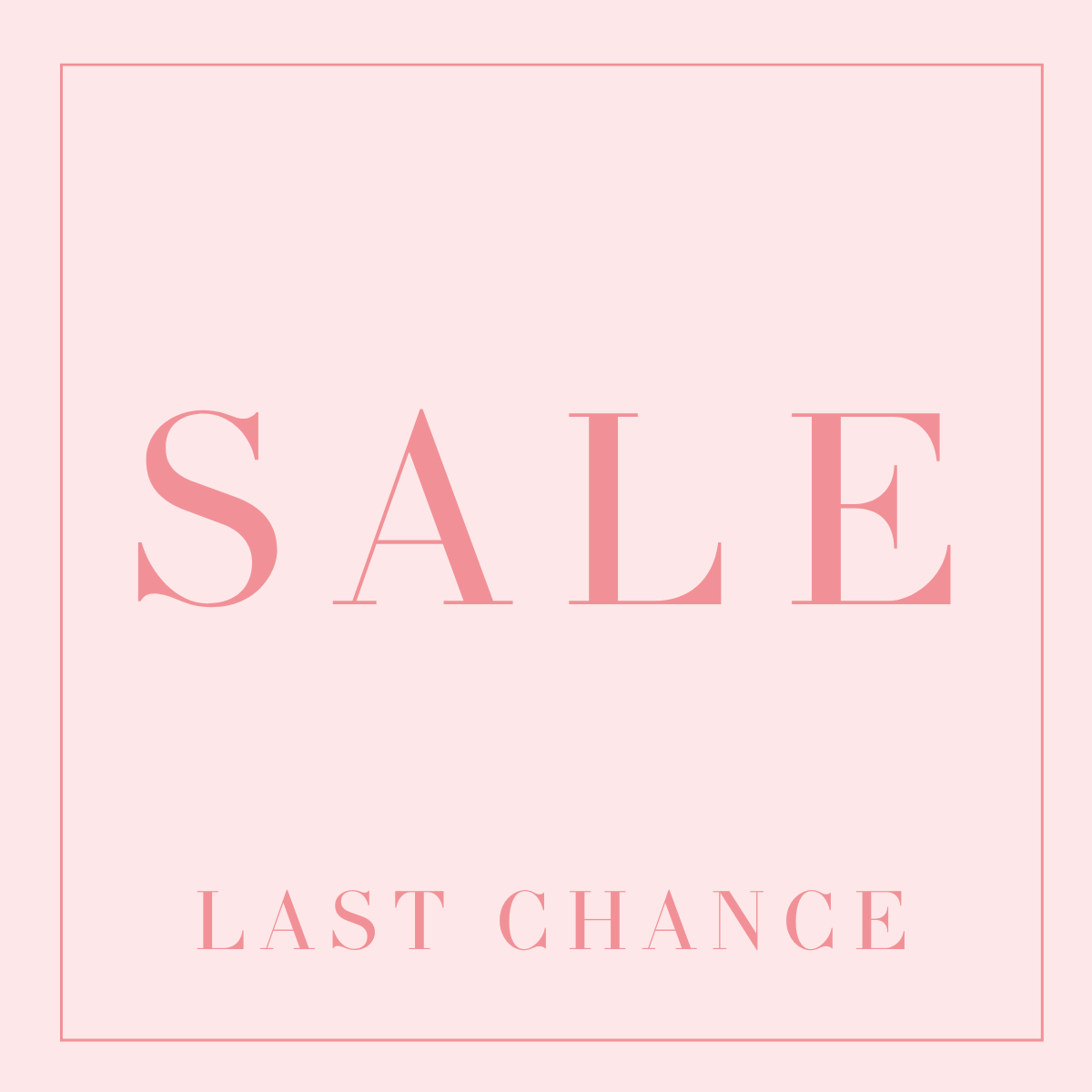
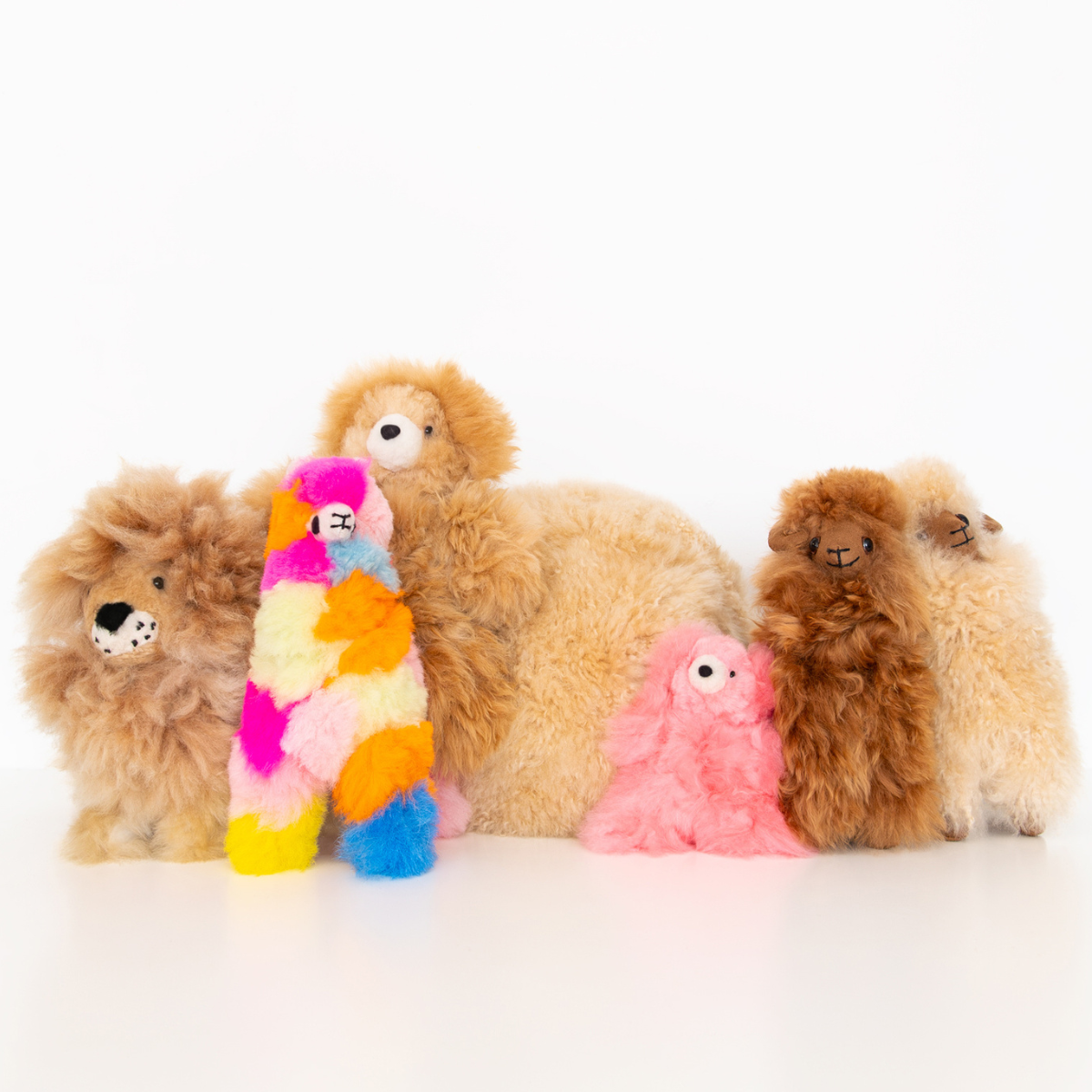
Leave a comment
This site is protected by hCaptcha and the hCaptcha Privacy Policy and Terms of Service apply.